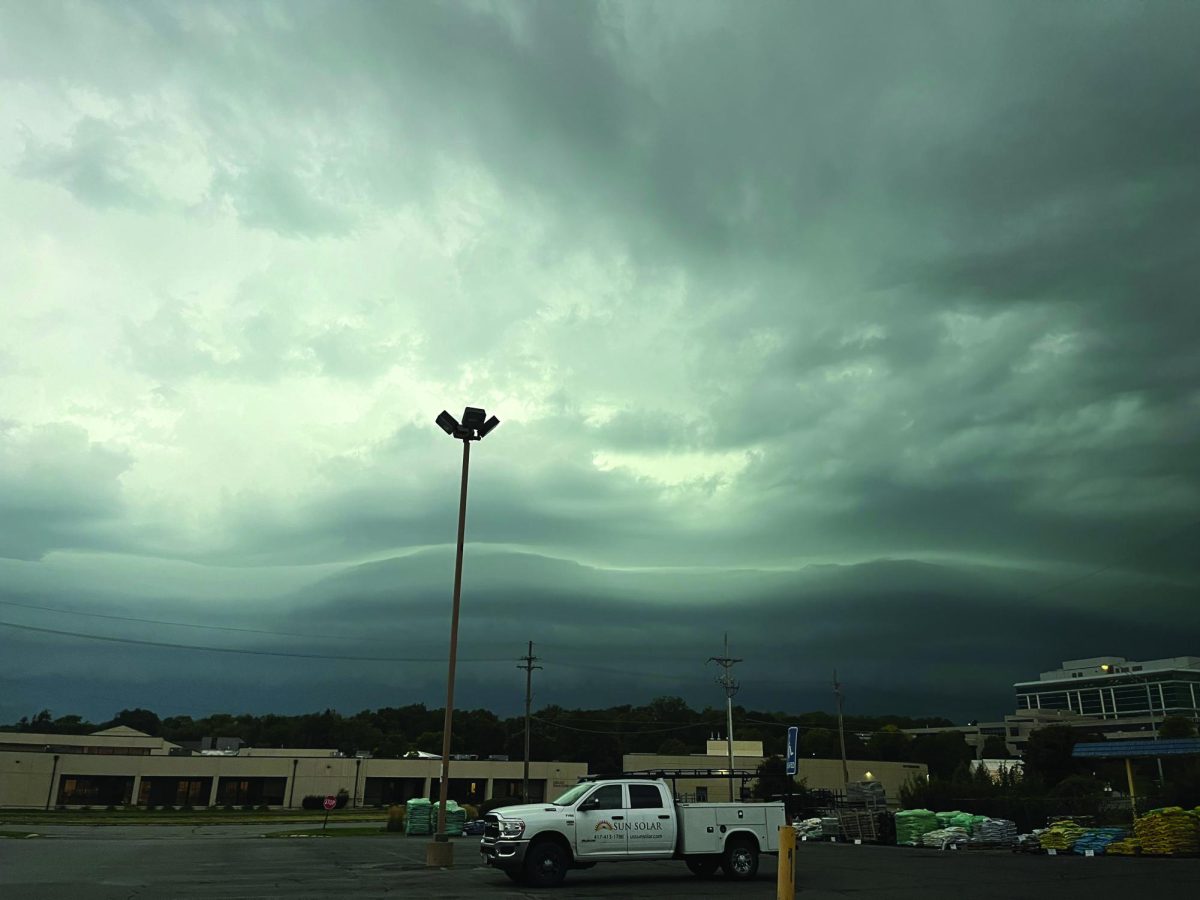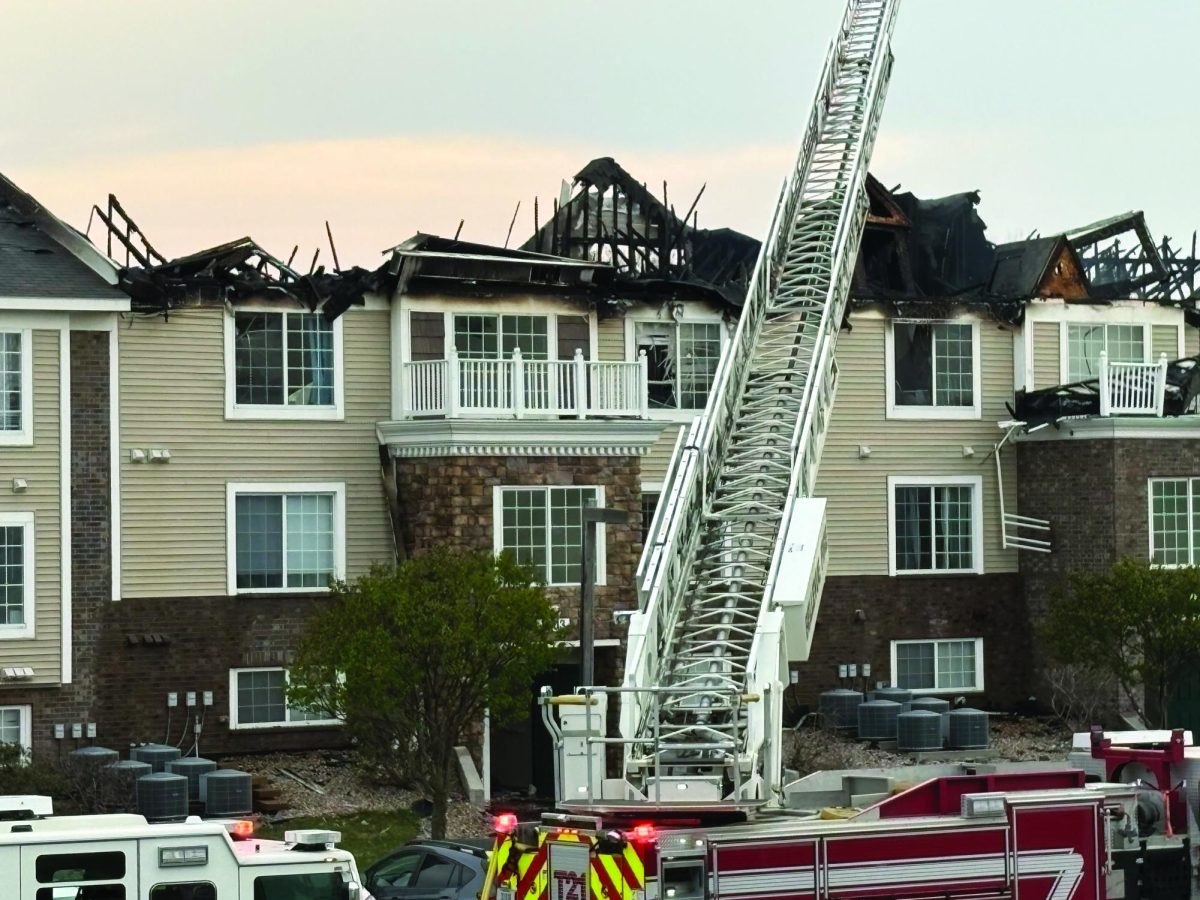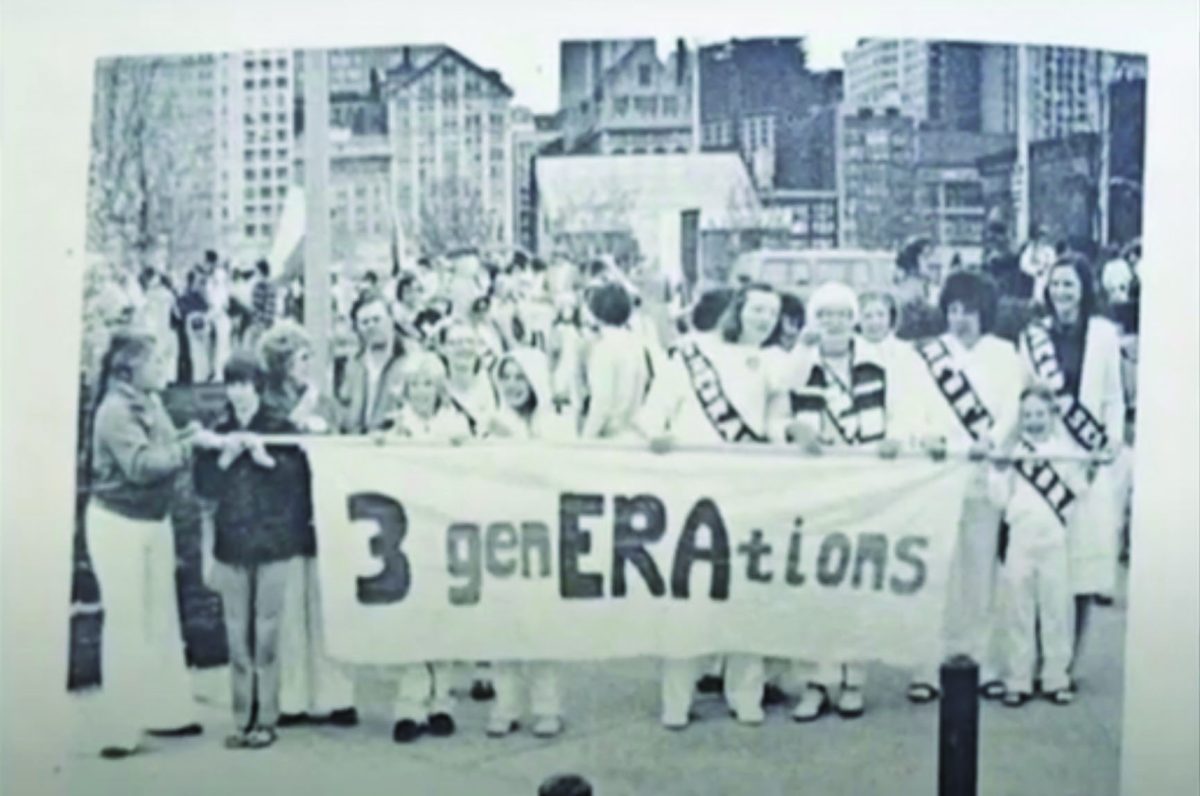A thunderstorm with winds of up to 90 miles per hour rocked the Bellevue community on July 31st, leaving thousands of Bellevue residents without power.
According to the Omaha World-Herald, there were no reports of serious injuries associated with the storm. However, the storms led to over $34 million in damage and the largest power outage in the history of the Omaha Public Power District.
“We had 220,000 customers without power,” Jodi Baker, spokesperson for OPPD said, “and that is the largest outage in our history. The next closest was in 2021.”
The storm was caused when a cold front moved through central Nebraska on July 31st. The cold front mixed with the hot summer air, and thunderstorms swept across the state, from central Nebraska to the Omaha-metro area. Eppley Airport recorded wind gusts of up to 90 miles per hour, the same intensity as a category one hurricane.
“One minute, it was sunny and I wasn’t paying attention,” junior Mila Hormann said. “The next, everything was dark and there was lots of clouds. I had no idea that the storm was coming.”
At a state level, the storms caused Nebraska Governor Jim Pillen to declare a state of emergency. Pillen has also requested federal disaster funds to cover the over $34 million in damages caused by the storm.
“We knew right away it was going to be a big challenge [to restore power] with the kind of weather we were seeing move through, with hurricane force winds knocking down trees and power lines and blowing all kinds of things around,” Baker said.
Some Omaha-area residents were out of power for nine days. According to Baker, OPPD prioritizes fixes that will restore power to the most people possible. During the most recent storms, OPPD also called in mutual aid from other utilities to help restore power faster.
“We started getting people coming in from utilities across the region and, well, the state, mainly at first by the next morning,” Baker said. “And that just spread over the course of several days, where we got crews in from as far away as Wisconsin, just coming to help us out, knowing what kind of work we had on our hands.”
Additionally, OPPD is working to prevent future power outages. Baker said that the company regularly inspects power lines and is working to trim trees near power lines. Currently, the company trims trees every seven years, but they are aiming to reduce that timeframe to five years.
“We’re hoping to get to trees more often,” Baker said, “and we’re also educating our customers on planting the right kinds of trees so that they won’t grow up and end a power line. We have an Arboretum at 108th and Londo area where there’s lots of great information.”
OPPD is working on infrastructure updates such as automated meter technology, which would tell the company when power outages happen without a customer having to call in. The company is also considering burying power lines in some areas.
“We kind of approach that case by case, and they are trying to bury more power lines, as we’re able to within affordability, so we’re not raising rates to do it,” Baker said, “and also within the feasibility of… our local geography in some of those more established areas.”
The July 31st thunderstorm was just one of many intense weather events this summer. The National Weather has issued 130 tornado warnings for the Omaha area this year, creating a new record.
“I didn’t expect it to have the impact that it did,” Hormann said. “We’ve been through a lot of rough storms where our power was good. I didn’t expect it to be as big of an outage as it was.”
Hormann was at home the evening of July 31st. She and her family were getting ready for dinner when the storms arrived.
“We were all hanging out, and then all of a sudden– well, our power was flickering before then, but all of a sudden it just all went out,” Hormann said. “We had to scrounge to find a restaurant that was open so we could eat dinner.”
Hormann’s power was out for over four days. Throughout that time, she stayed with friends who had power until hers was restored.
“I am very fortunate to be able to have power now, because not having that… completely changed how I did things,” Hormann said. “I go to go on my phone, but my phone’s dead. Or I go to watch TV, I can’t. And stuff that I regularly do, just very different and very changed from normal, day-to-day life.”
Hormann said the power outages affected her return to school. Staying away from home altered her sleep schedule, she said.
“There definitely was a weird adjustment period,” Hormann said. “I was… a little bit overwhelmed or nervous to go back to school because so much was happening kind of all at once.”
Sophomore Elena Ruvalcaba said her family was on their way to Skate City when the storm arrived. She said it was starting to drizzle, but when they checked the weather, they didn’t see anything of concern.
“As soon as we got to Skate City, all the lights went out… the doors from Skate City that are around the outside started shaking, and you could see the water kind of coming in from the bottom,” Ruvalcaba said. “After a while they were like, you know what, just go home safely… the car was getting moved while we were driving… the roads were covered in trees and everything, and debris.”
Ruvalcaba’s father suffered roof damage, and her mother’s car was damaged by the storm. She said she and her family helped clean up fallen trees in her neighborhood.
“It was very frantic. There was at least three houses that had trees in them, and trees all over the road,” sophomore Elena Ruvalcaba said. “Some roads were closed because of trees collapsing completely in the middle.”
Ruvalcaba was out of power for five days at her mother’s house and two and a half days at her father’s. She said her family lost much of their perishable food.
“All the food that was in our fridge and everywhere else kind of went to waste,” Ruvalcaba said. “We had to stay at my grandmother’s for two days… afterwards she gave us some of her food, to kind of start us off, and that same day we went grocery shopping.”
But while the storms caused damage and threw a wrench into back-to-school plans, Baker said that they also brought people together. She highlighted how kind the community was to OPPD workers.
“You know, it’s really heartwarming to see the community come together,” Baker said. “People were so kind and so just understanding, and we know it’s hard to be understanding when you’re without power. Despite the hard work and the high, high temperature they [OPPD workers] said they had a wonderful time helping us.”






